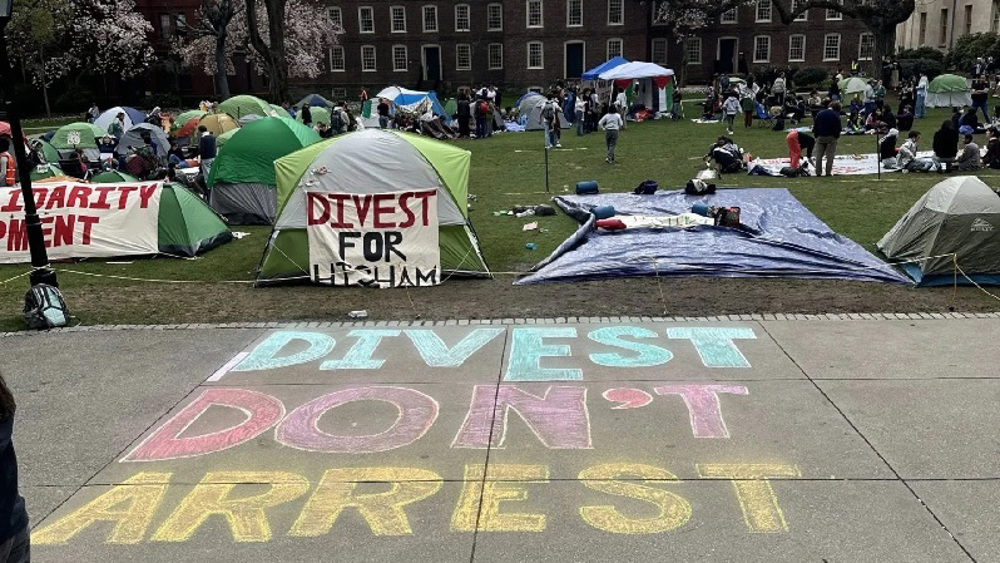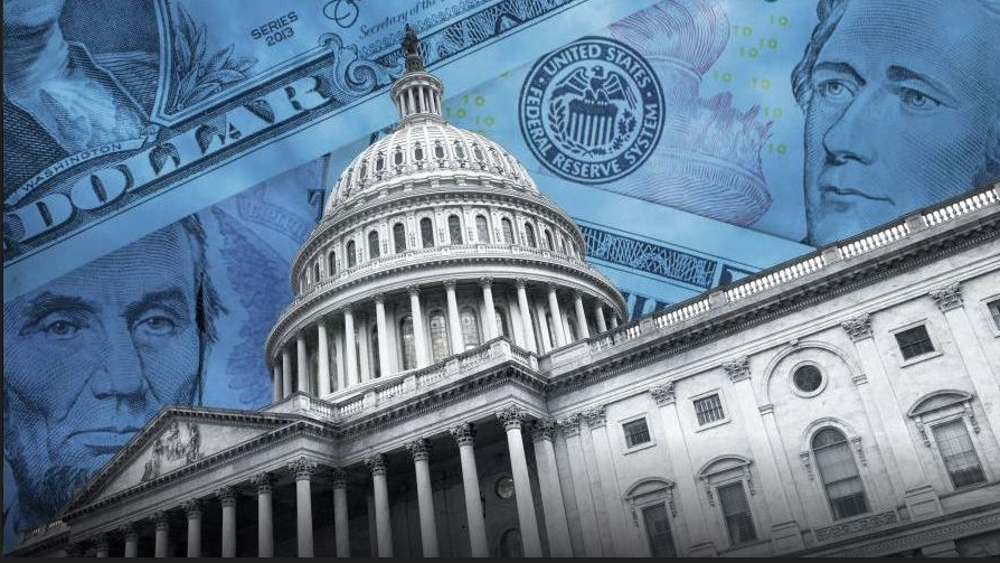US consumer confidence hits 21-month low as tariff fears bite
Anxieties jumped among American consumers this month as President Donald Trump's trade wars dragged on, sending an index of consumer confidence to a 21-month low, survey data showed Tuesday.
Greater shares of the public now say jobs currently are hard to get and expect business conditions in the next six months to worsen, according to the Conference Board.
The unexpected weakening in confidence reversed two months of gains and could weaken retail sales at the end of the second quarter.
The Consumer Confidence Index sank nearly 10 points to a reading of 121.5, its lowest since September of 2017 and well below the result economists had expected.
"The escalation in trade and tariff tensions earlier this month appears to have shaken consumers' confidence," Lynn Franco, the board's senior director for indicators, said in a statement.
"Although the Index remains at a high level, continued uncertainty could result in further volatility in the Index and, at some point, could even begin to diminish consumers' confidence in the expansion."
The index for the present situation fell more than eight points to 162.6 its lowest level in a year while expectations fell more than 10 points to 94.1, the lowest level since January.
The share of those saying jobs are now "hard to get" rose 4.6 points to 16.4 percent. Meanwhile, hopes for higher income and stronger job creation sagged.
Those saying they expected business conditions to worsen jumped 4.3 points to 13.1 percent, also the highest level since January.
Late last month, President Donald Trump threatened to impose stinging tariffs on all US imports from Mexico, demanding that Mexican authorities do more to curb migration toward the southwest US border.
He withdrew the threat provisionally early in June but officials are currently preparing to slap tough new duties on $300 billion in Chinese imports, which raise prices on popular consumer items like mobile telephones, laptops and apparel.
Markets are watching a Friday meeting between Trump and China's Xi Jinping, which could show whether the two sides are likely to resolve their differences after a year of clashes.
Ian Shepherdson of Pantheon Macroeconomics said Tuesday the index was likely to recover from the sudden dip.
"If we're right, the confidence index will rebound strongly in July, unless the Osaka summit is a disaster and the president imposes tariffs on imported Chinese consumer goods," he said in a client note.
The index remains high despite the decrease, meaning retail spending should continue to rise, he added.
(Source: AFP)
Latest ballots polls show Harris, Trump tied as voting continues
UNRWA warns of humanitarian collapse in Gaza
'Hello my enemies': Lebanese journalist on Israeli threats and his resolve to continue
Outrage in France as MP proposes bill to ban criticism of Israel
VIDEO | The strategy of Hezbollah in war
Israeli military withdraws several brigades from southern Lebanon: Report
48-year-old Palestinian man serving 48 life terms completes 22 years in Israeli jails
From MKO to Tondar, how Germany became safe haven for anti-Iran terror groups










 This makes it easy to access the Press TV website
This makes it easy to access the Press TV website